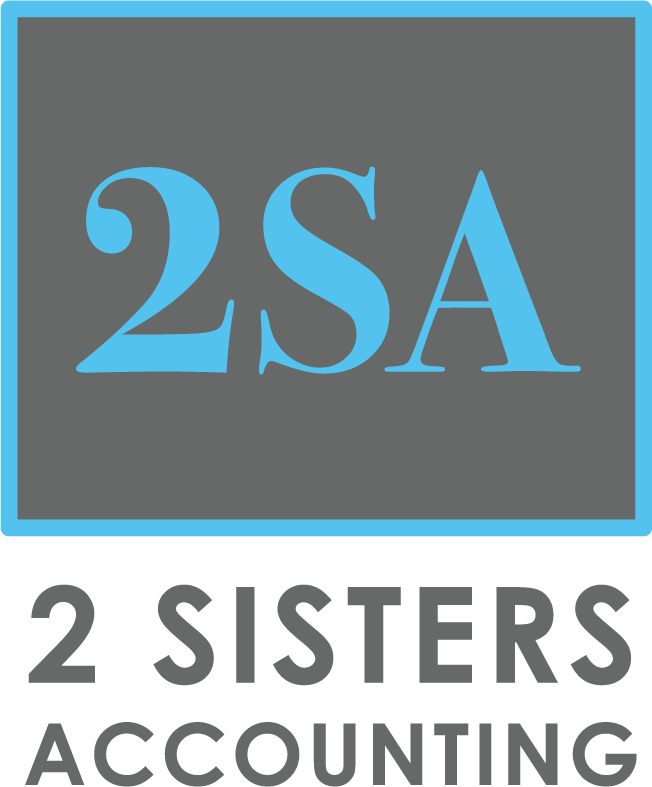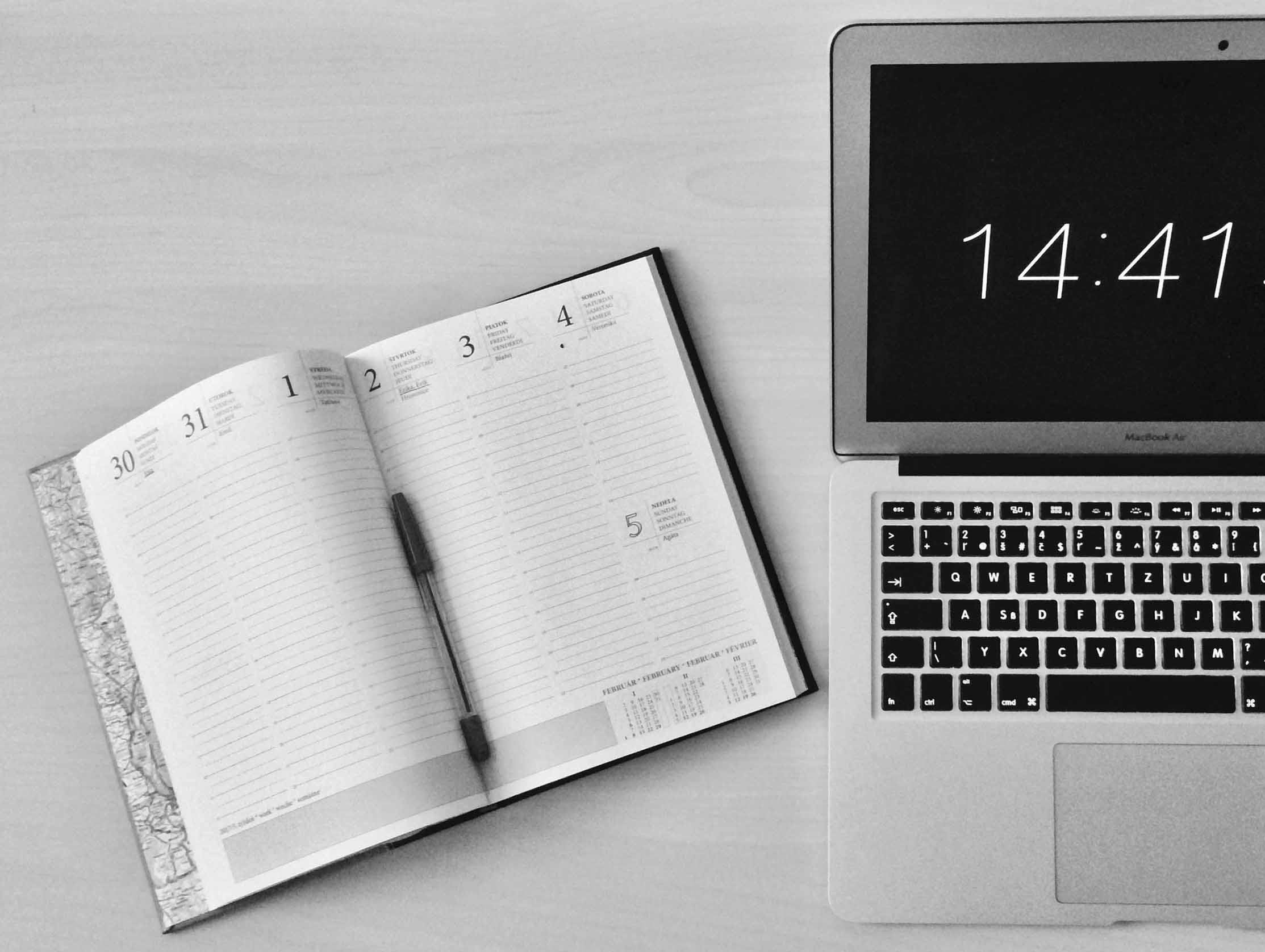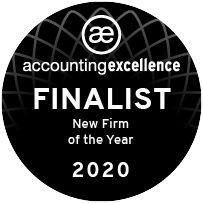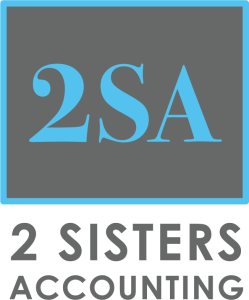Renting out properties and being sure of what you can and can’t claim as tax deductible expenses can be very tricky. In the past few years HMRC have changed the rules on relief for mortgage interest, and have removed the 10% wear and tear allowance so its important to make sure you’re on top of the rules for rental property expenses.
Income Split
A question a lot of people have at first is how property income should be split. If you are married or in a civil partnership, the income received from the property must be split based on how the property is owned. If it’s jointly owned the income split must be 50:50. If it is owned by one person, that person must declare all the income on their tax return, even if the partner that owns the property is a higher rate tax payer. If the joint owners are not married/civil partners, the income can be split any way you choose.
As with all self employment income, all rental expenses need to meet the “Wholly Exclusively” test. This means it must have been incurred solely for the purpose of the letting business. Paying landlord insurance and letting agent fees meet this rule. A vacuum to clean the property that you then take home wouldn’t be.
Capital vs Repair
An area that does cause a lot of confusion and trouble is working out the difference between repairs and capital expenditure. Capital Expenditure is when spending improves the asset, or provides something that wasn’t there before. For example replacing a basic kitchen with a new state of the art kitchen would be considered capital expenditure. If the refitted kitchen is of the same standard, size and layout, and is put in after your letting business has started, the whole cost can be set against your rental income. The general rule to follow is if the replacement is like for like then the the expense will be allowed, otherwise it is considered capital expenditure. Capital expenditure is offset against capital gains when you eventually sell the property so it is important to keep a record of these expenses.
There are some costs which seem like capital expenditure but are actually allowable. For example the cost of replacing old single-glazed windows with double-glazed ones. The replacement is not like for like, this will be allowed because double glazed is the modern minimum legal requirement. It’s an unintentional or unavoidable improvement. This is similar to replacing a boiler model that no longer exists with a new make. Although the new version used might be an improvement, it is mostly inline with what was there before.
Repairs and Replacements
If the expense is definitely not capital expenditure, it will still need to fall within HMRC’s requirement that the expense can fall into the category of “repairs and maintenance” or “replacement of domestic items.” The repairs and maintenance category is easy to work out. This covers things like fixing burst pipes, redecorating the property, and fixing broken toilets.
The replacement of domestic items is exactly that – with the emphasis on ‘replacement’. The initial purchases of furnishings and equipment for the property are not allowed, but their replacement is.
There are four sub-categories to this relief to help landlords see exactly what they can claim for:
- Movable furniture, for example beds and sofas.
- Furnishings such as carpets, curtains and rugs.
- Household appliances, including washing machines, freezers and televisions.
- Kitchenware such as pots and pans.
As with everything the replacement items can only be replaced like for like. This means if you buy a basic carpet it must be replaced with a basic carpet. If you replace it with a higher range one the increased cost cannot be claimed.
Pre-Letting Expenses
Generally the cost of getting a property ready to rent are not allowable. This includes decorating the property before you have tenants in, or replacing the carpets. You can however claim for running adverts to get tenants into the property, and for pre-letting gas and electrical checks. However any work that arises from these checks will not be allowed.
Mortgage Interest Relief
Under the new mortgage interest relief rules introduced by HMRC, the mortgage interest relief will be restricted to the basic rate of tax, 20%. This means higher rate tax paying landlords will get back £20 in relief rather than £45 on every £100 spent on interest payments. This relief will be applied as a tax credit rather than the landlord deducting costs from their rental income.
If you are unsure about your rental expenditure or need help putting your rental return together do not hesitate to contact us.
